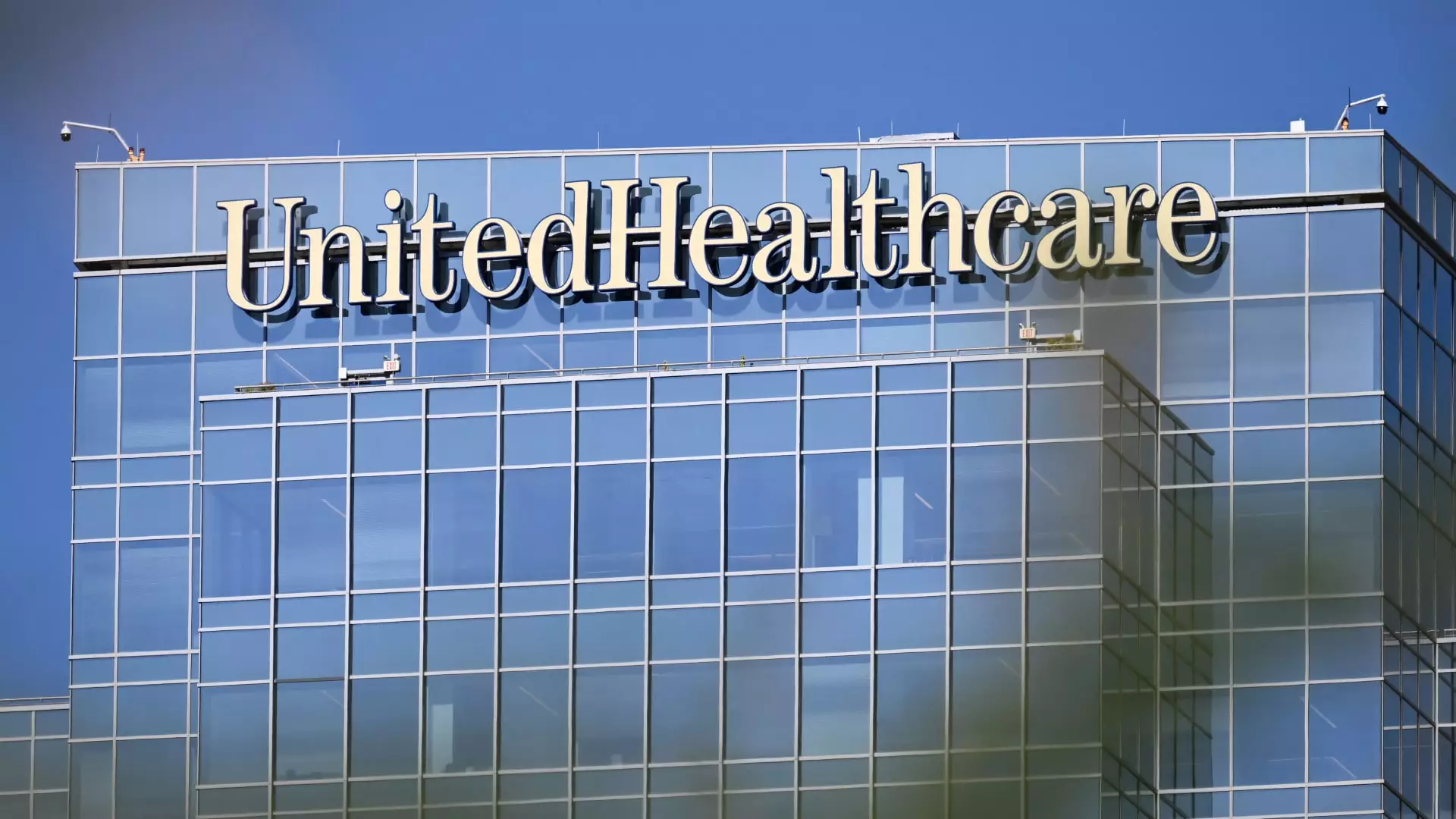In the wake of tragic circumstances marked by the targeted killing of former CEO Brian Thompson, UnitedHealthcare has appointed Tim Noel, a long-time company executive, as its new chief executive officer. Noel, previously the head of Medicare and retirement services, brings with him a wealth of experience, having been a part of the organization since 2007. His promotion is emblematic not only of a desire for stability but also an intention to navigate the company through turbulent waters, particularly in an increasingly volatile healthcare environment. The tragic events surrounding Thompson’s death have cast a long shadow over the organization, fuelling public outcry and intensifying calls for reform within the healthcare sector.
Thompson’s killing has exposed profound vulnerabilities in the healthcare insurance industry, sparking a wave of concerns regarding executive safety. Following this incident, there has been a notable tightening of security across healthcare companies. This enhanced vigilance includes the removal of executive profiles from corporate websites—a stark reminder of the new, harsher realities that executives now face. The emotional fallout from Thompson’s murder has not only impacted UnitedHealthcare but has prompted an industry-wide reevaluation of safety protocols, with firms compelled to bolster protective measures to instill confidence among their leaders.
Medicare Advantage: A Double-Edged Sword
Tim Noel’s previous oversight of the Medicare Advantage segment positions him uniquely to tackle the challenges that lie ahead. Medicare Advantage plans have become increasingly profitable for insurance companies, but they are also linked to soaring healthcare costs as demand rebounds from pandemic disruptions. With many seniors opting for elective procedures postponed during COVID-19, insurers are grappling with rising medical expenses that complicate their operational models. UnitedHealthcare’s Medicare segment alone caters to nearly 13.7 million beneficiaries, a significant proportion within the Medicare ecosystem, underpinning the scale of challenges that Noel faces.
The post-Thompson discourse has underscored calls for systemic reform in the U.S. healthcare framework. Andrew Witty, current CEO of UnitedHealth Group, acknowledged that the healthcare system’s inherent complexities and high costs must be reassessed. He described the pitfalls of a profit-driven model that often prioritizes revenue over efficient healthcare delivery. However, Witty’s admission comes shackled with ambiguity, as he sidestepped a detailed discussion on how UnitedHealth itself benefits from the existing structure. This lack of transparency adds fuel to the flames of public frustration and calls into question the ethical obligations of insurance giants.
Since the upheaval brought about by Thompson’s murder, UnitedHealth has faced scrutiny regarding its financial performance. The company reported fourth-quarter results that fell short of analyst expectations, reflecting challenges within its insurance services. Although the overall revenue surged to $400.3 billion—a growth of 8%—the shortcomings in the insurance division signal that underlying issues remain unresolved. Amidst this backdrop, the expectation for revenue in 2024 illustrates an ambiguous future; while optimistic projections are presented, they also highlight the need for effective leadership capable of addressing internal and external pressures.
Tim Noel’s ascension to the CEO role at UnitedHealthcare marks a pivotal moment in the company’s history, ushering in a period of reflection and potential transformation in the healthcare insurance landscape. The realities of executive safety, rising medical costs, and systemic reform demand not just adept leadership, but a reimagining of the strategies that define healthcare delivery in the U.S. As Noel steps into his new position, the path forward will require a careful balancing act between managing internal challenges and responding to heightened public scrutiny, all while working to restore confidence in one of the nation’s largest healthcare entities.

